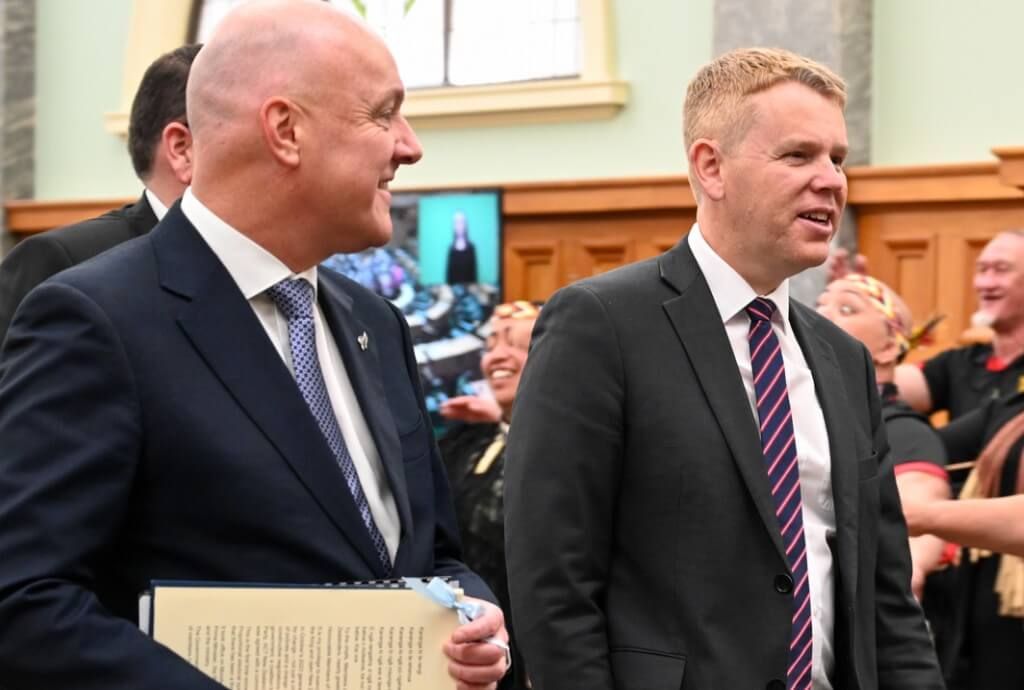Summarised by Centrist
Te Pāti Māori wants a new Te Tiriti o Waitangi commissioner with the power to veto parliamentary decisions. Co-leader Rawiri Waititi says the policy is a non-negotiable demand in any post-2026 coalition talks.
He claims such a commissioner would have blocked ACT’s Treaty Principles Bill, currently in committee.
ACT leader David Seymour says the proposal would “break democracy,” while Labour and the Greens remain open to discussions on constitutional checks and balances.
Constitutional experts are raising serious concerns. Lawyer Mai Chen says the proposal is incompatible with New Zealand’s parliamentary system, which follows majority rule.
“To have a commissioner who would be appointed by the executive somehow telling Parliament it could not pass a law would be contrary to our current constitutional system,” she explains.
Lawyer Graeme Edgeler adds that such powers are typically given to courts, not political appointees.
The Treaty Principles Bill has sparked intense debate, with 300,000 submissions—the most on record. Te Pāti Māori has led opposition to it, staging a haka in Parliament and backing nationwide protests.
Prime Minister Christopher Luxon calls the bill “divisive,” while opposition parties claim it will set race relations back decades.
Public sentiment remains fluid. A Taxpayers’ Union–Curia poll in January saw Labour rise to 30.9% as National fell to 29.6%, though the coalition retained a majority.
The latest Talbot Mills poll puts Labour and National neck and neck. But with Te Pāti Māori’s demand, any left-wing government will face tough negotiations.


















